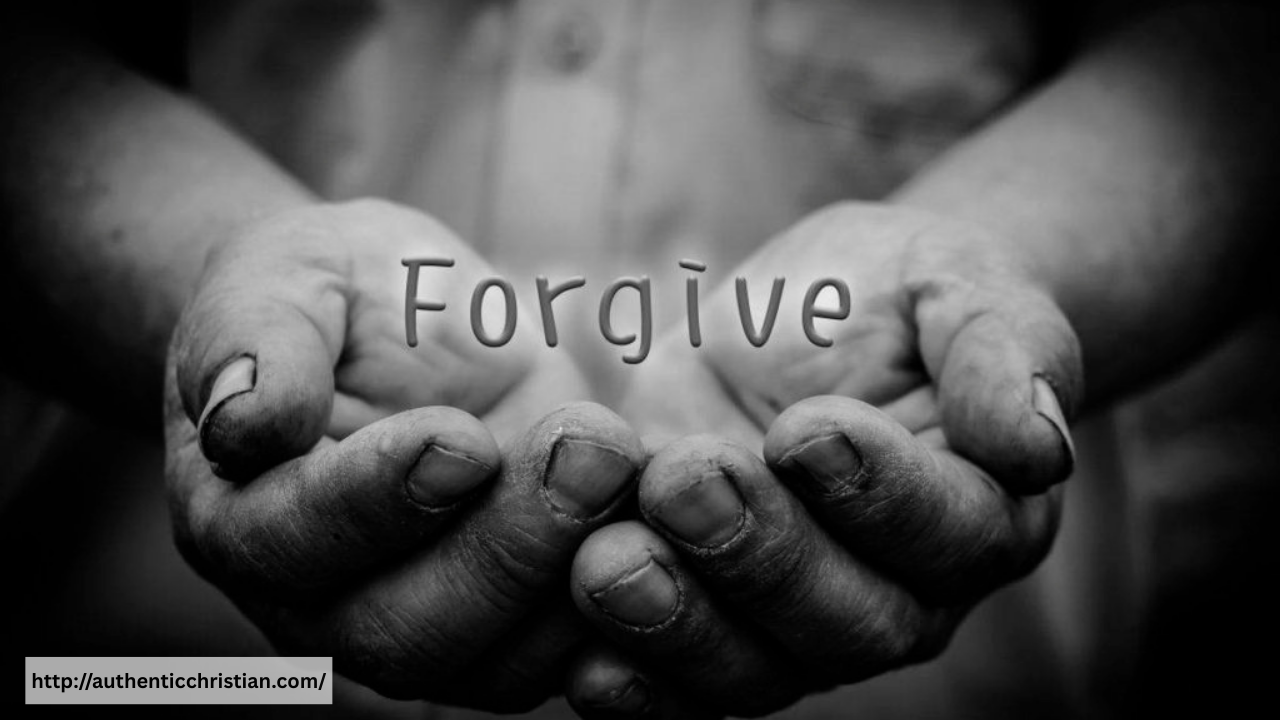Addiction is often a cycle—one fueled by pain, guilt, resentment, and broken relationships. Each failure, each regret, can tighten its grip, keeping individuals stuck in shame and isolation. Breaking this cycle requires more than physical sobriety; it calls for a spiritual renewal grounded in forgiveness. In Christian recovery, learning to forgive both oneself and others is a powerful step toward lasting freedom and inner healing.
The Burden of Unforgiveness
Unforgiveness is a heavy burden. Many who battle addiction carry guilt for their past actions—hurting loved ones, abandoning responsibilities, or betraying their own values. This guilt can spiral into shame, reinforcing the belief that they are unworthy of love or change.
At the same time, harboring resentment toward others—whether from childhood wounds, betrayals, or abuse—keeps the heart in a state of unrest. These unresolved emotions feed addiction, as individuals turn to substances or behaviors to numb the pain. But true recovery requires confronting and releasing these inner wounds.
Forgiving Yourself: Embracing God’s Grace
One of the hardest things in recovery is forgiving yourself. The enemy whispers that you are beyond redemption, that your mistakes define you. But Scripture tells a different story. Romans 8:1 declares, “Therefore, there is now no condemnation for those who are in Christ Jesus.”
God’s grace is not limited by our failures. When we come to Him in repentance, He forgives us fully and unconditionally. 1 John 1:9 reminds us, “If we confess our sins, he is faithful and just and will forgive us our sins and purify us from all unrighteousness.” Accepting this truth is crucial to healing. Forgiveness doesn’t mean forgetting or excusing the past, but recognizing that God has made a way to move forward in freedom.
Forgiving Others: Letting Go of Bitterness
Just as we are called to receive forgiveness, we are also called to extend it. Holding onto anger or resentment creates a spiritual blockage that hinders healing. Jesus teaches in Matthew 6:14-15, “For if you forgive other people when they sin against you, your heavenly Father will also forgive you. But if you do not forgive others their sins, your Father will not forgive your sins.”
Forgiving others doesn’t mean denying the hurt or pretending everything is okay. It means choosing to release the hold that bitterness has on your heart. This process often requires courage, prayer, and support, but the freedom it brings is profound. When you let go of anger, you make room for peace.
A New Way Forward
Christian recovery is not just about stopping destructive behavior—it’s about transformation. Forgiveness is central to this change. By forgiving yourself, you reclaim your worth and identity in Christ. By forgiving others, you break free from the chains of past wounds.
Programs like Celebrate Recovery emphasize the spiritual work of forgiveness as a foundation for growth. Surrounded by grace and community, individuals can break the cycle of addiction and begin anew.
With God, all things are possible—including the healing of your heart and the restoration of your life. Forgiveness is not just a gift you give to others; it’s a gift you receive for yourself, opening the door to true freedom in Christ.


